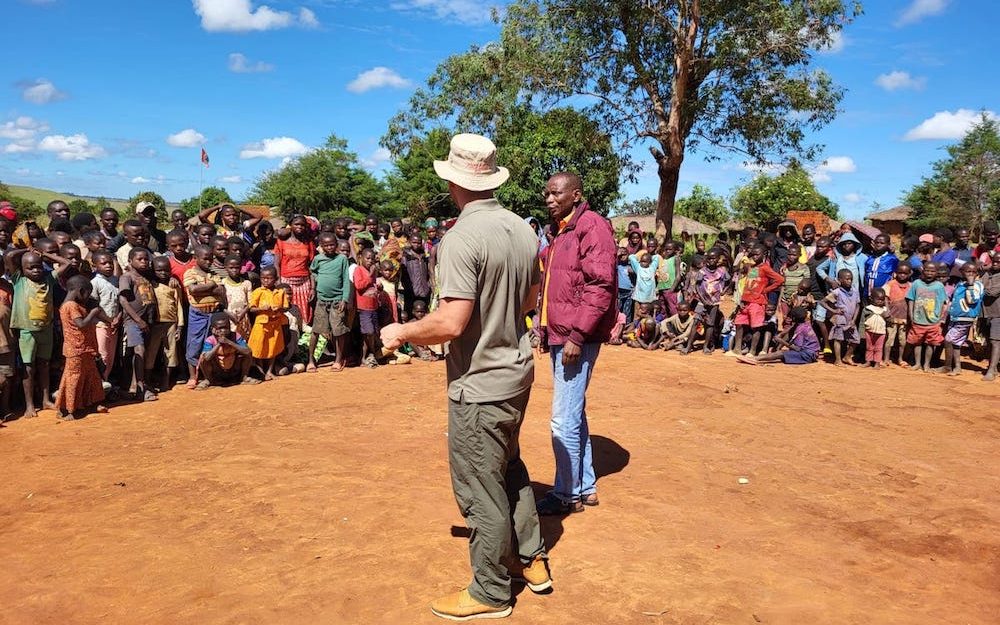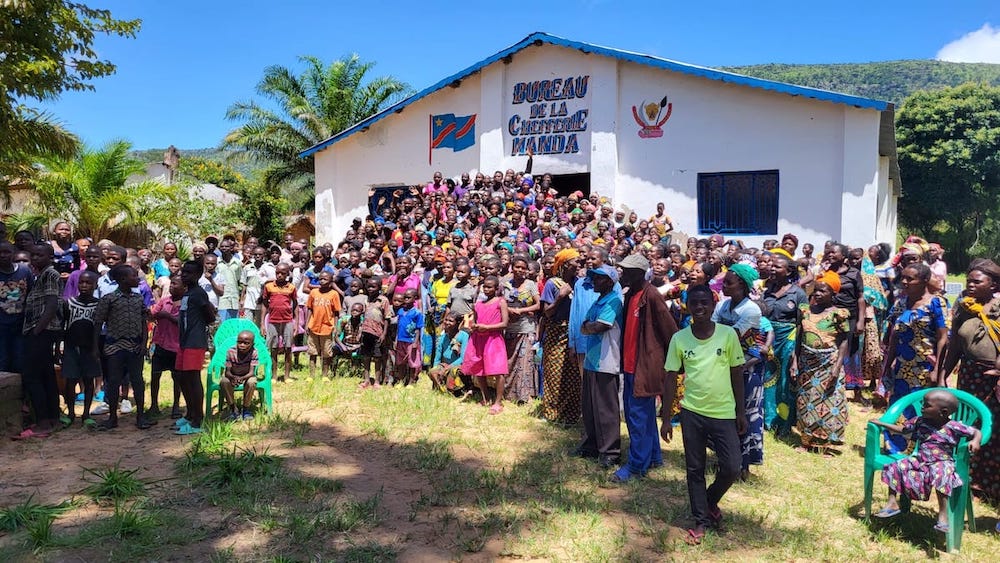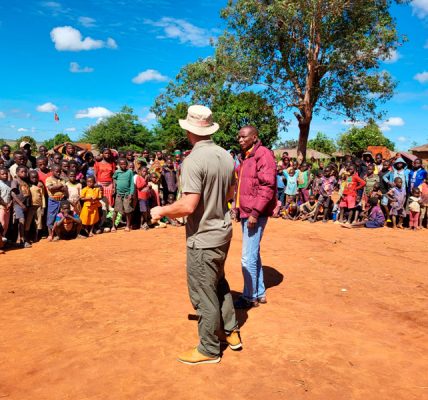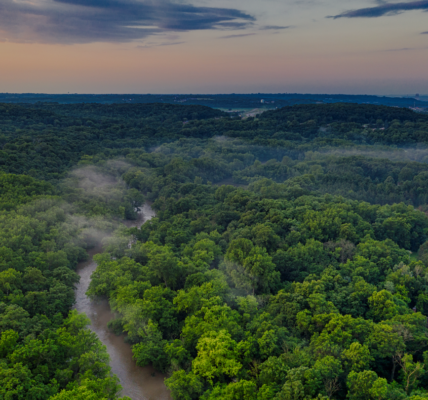The project for high-quality carbon credits produced in the forests of the Congo Basin goes ahead
“Permaculture through community engagement” is the name of the high-quality carbon credits project, located in the forests of the Congo Basin, the first (and last) lung of the planet.
These forests absorb more carbon than any other forests in the world and are a major reservoir of biodiversity, yet the Congo Basin loses half a million hectares of forest each year, and 65% of the land is affected by degradation. This translates into increased water and food scarcity, poverty, and biodiversity loss.
On 10,000 degraded hectares, Graine de Vie, a non-profit organization dedicated to reforestation integrated into local life, with the technical support of Fanyatu, an organization that promotes permaculture through the creation of schools specializing in this technique throughout the African continent, created this project that meets all the principles of transparency and integrity that guarantee its very high quality.
The aim of the project is to combat deforestation by establishing a system that conserves the remaining forests, regenerates those that have disappeared, and increases the standard of living of the population through the transfer of knowledge.
The project addresses the causes of deforestation in the Democratic Republic of Congo (slash-and-burn agriculture and makala (charcoal)) by teaching communities permaculture, a new methodology that enables people to increase their standard of living while regenerating the environment.

The Permaculture Approach
In addition to planting 10 million trees using “direct planting,” a methodology developed by Graine de Vie, the project trains communities in permaculture.
Permaculture enables communities to create permanent productive ecosystems by planting trees, sedentarizing agriculture, reducing their workload, increasing yields, conserving forests, and creating new ones.
With the transfer of knowledge, communities will be able to have food and energy autonomy without depending on forest clearing.
Quality Assurance and Monitoring
ALLCOT joined this project to secure and guarantee the necessary funding to carry it out. This involves effective resource management as well as the search for investors and partners interested in supporting sustainable initiatives and contributing to the fight against climate change.
ALLCOT is also committed to ensuring that the project achieves the highest level of quality, integrity, and impact in accordance with the criteria of the Investor and Community Carbon Credit Quality Framework (ICVCM) and ALLCOT’s own quality principles and criteria.
This involves continuous monitoring and rigorous evaluation of the project by Graine de Vie, Fanyatu, and ALLCOT to ensure that the promised environmental, social, and economic benefits are delivered.
Completing the Listing Process
The methodology applicable to this project is VERRA’s New Methodology for Afforestation, Reforestation, and Revegetation (ARR) project activities.
The project has already completed – without comments – the listing process, as can be seen on the VERRA website. This is an important milestone, part of the process of issuing carbon credits that will be reinvested in the communities to ensure the success of the project.





